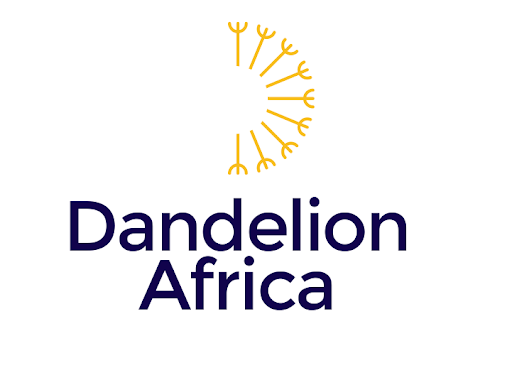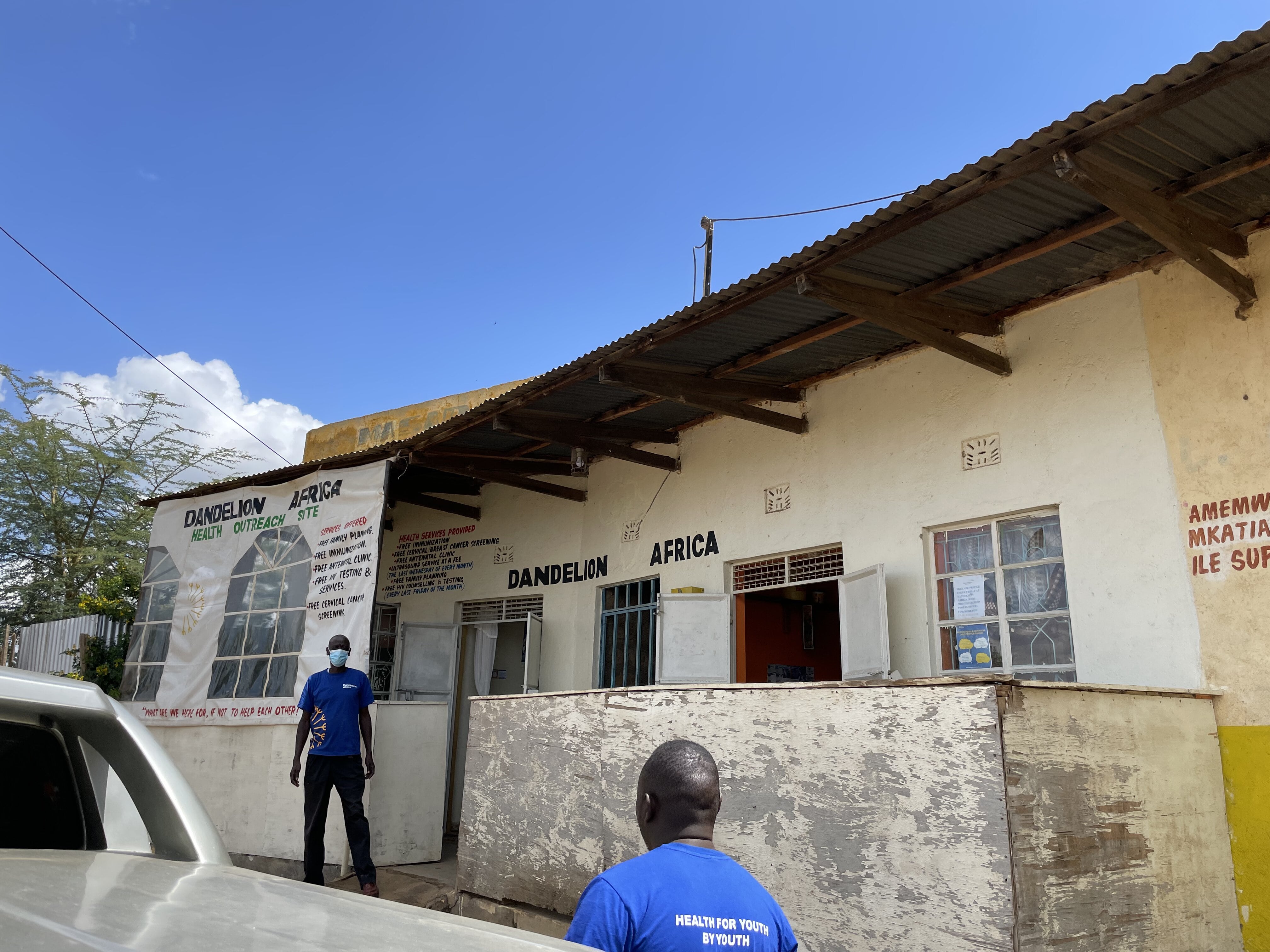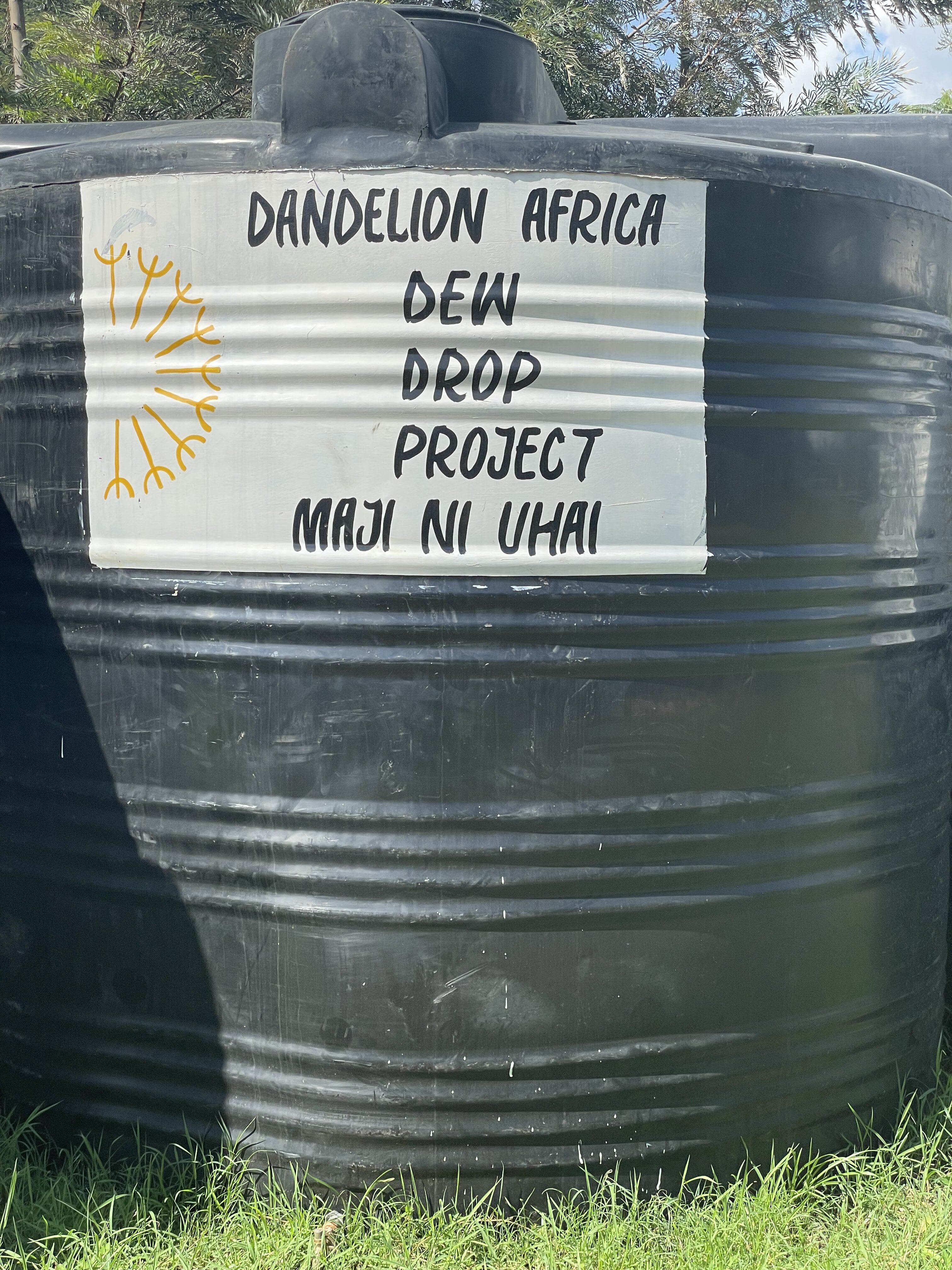Let's Talk Human Rights

2022 Summer Fellowships: Dandelion
By Maria Zaki
This blog describes my experience as an intern working for Dandelion through the Human Rights Center at the University of Dayton. Dandelion is a women-led non-governmental organization (NGO) located in the rural communities of Kenya that strives for health and wealth in women’s lives. I was fortunate enough to contribute to three main projects for Dandelion which I explain below.
Where responsibility has been abandoned, opportunity awaits. Kenyan communities have suffered a great deal of misfortune in all areas of life, including a lack of educational resources and the need for education regarding gender-based discrimination. Rather than just observing how these issues severely impact villagers and the larger society, the founders of Dandelion saw these needs as an opportunity for creating new beginnings. While primarily focusing on women, the organization recognizes that there are also spaces in which boys and men can learn ways to change, while teaching future generations their newfound knowledge. Yet it is not accidental that women are the central focus of Dandelion’s cause. It is estimated that a little under half (roughly 21% according to Unicef) of Kenyan women experience sexual violence, female genital mutilation (also known as FGM), and lack of access to reproductive and menstrual products. These should not be considered only a female issue but rather a collective one, which requires communal change. Dandelion has catalyzed this change by addressing the specific issues facing their populations, while simultaneously creating action-based plans for serving their people. Oftentimes with such challenges, it is easy for the individual to paint large strokes with a big brush, overlooking the complexities and intricacies of social justice work. On the other hand, it is a dangerous yet tempting trap to focus solely on the small details thinking that they will naturally create a better larger picture. Dandelion focuses on four major areas; Health, Women’s Livelihood, Youth, and Advocacy programs. The health sector work provides maternal child health services and family planning needs. To provide for and sustain families, communities are thoroughly educated on climate change and innovative practices for environmentally safe farming.
Dandelion has catalyzed this change by addressing the specific issues facing their populations, while simultaneously creating action-based plans for serving their people. Oftentimes with such challenges, it is easy for the individual to paint large strokes with a big brush, overlooking the complexities and intricacies of social justice work. On the other hand, it is a dangerous yet tempting trap to focus solely on the small details thinking that they will naturally create a better larger picture. Dandelion focuses on four major areas; Health, Women’s Livelihood, Youth, and Advocacy programs. The health sector work provides maternal child health services and family planning needs. To provide for and sustain families, communities are thoroughly educated on climate change and innovative practices for environmentally safe farming.
Women specifically are also equipped with financial literacy. I believe that this is very important because there are uncountable stories in which women are forced to bear difficult circumstances solely because they were not economically empowered. I also highly value the notion of teaching women good monetary practices which is more sustainable in the long term than just donating sums of money. Through this approach, Dandelion is generationally investing in its communities.
Another key approach is their focus on the youth demographic. Under their Youth Center, there are two programs – Boys for Change and Girls for Leaders. These groups allow children to look into their futures with hope rather than fear. It provides for them a safe space in which they can tell their own stories. The most powerful and moving language is oftentimes that which comes directly from the storyteller’s mouth and not others’ interpretation of that story. The final focus is on general advocacy, which epitomizes all of the activities previously mentioned – empowering community members with the most effective ways to address their impending issues and to demand for accountability from the state.
So, where do I fit in? My first task was to develop effective social media strategies for the organization. Although I am not extremely fond of social media, this was a creative avenue for me to spread Dandelion’s message in nontraditional ways. Due to the sheer expansiveness of the Internet, you can imagine I went down a rabbit hole quickly. After hours of swimming in Twitter, Instagram, YouTube, and whatnot the light began to shine through. The best approach was to identify why people use each platform and then mold the organization’s message to fit that standard. More importantly, I discussed with the Dandelion team the value of storytelling and the human perception of struggle in the media.
 In tandem with the social media strategies, I also had the opportunity to formulate a basic communications plan. This is a document that provides an outline for communicating individual needs, wants, and/or complaints within the group. As with any institution, there are hierarchies of authority and understanding, so this document was made to catalyze a uniform understanding of how to approach a multitude of potential situations. This document delegates who is responsible for what individually, as well as how their roles fit into the large goals of the organization.
In tandem with the social media strategies, I also had the opportunity to formulate a basic communications plan. This is a document that provides an outline for communicating individual needs, wants, and/or complaints within the group. As with any institution, there are hierarchies of authority and understanding, so this document was made to catalyze a uniform understanding of how to approach a multitude of potential situations. This document delegates who is responsible for what individually, as well as how their roles fit into the large goals of the organization.
Lastly, but most importantly, was the need for an updated safeguarding policy in relation to all behaviors occurring within the NGO. When creating this policy, I learned about the value of structure within human rights organizations and the need for communication policies in order to address any potential issues - a preventative measure and reference point for all employees.
Simply put, this was a necessary requirement for spreading awareness and practicing the values that create a strong NGO culture. It summarizes organization’s goals but primarily focuses on how to address misconduct and the procedures accompanying it.  I am thankful for being chosen to work with Dandelion, as it is a privilege to not only learn from but also be able to contribute to such an important cause. In the attempt to cultivate common interest, I urge you to search for the places where responsibility has been deserted, for that is where the next opportunity for change exists.
I am thankful for being chosen to work with Dandelion, as it is a privilege to not only learn from but also be able to contribute to such an important cause. In the attempt to cultivate common interest, I urge you to search for the places where responsibility has been deserted, for that is where the next opportunity for change exists.
Maria Zaki is a rising senior at the University of Dayton. Majoring in International Studies alongside minors in Human Rights, Arabic, and Middle East / Islamic Studies, her goal is to strive for making long lasting contributions as a global citizen in an ever changing world. She highly values linguistics, intercultural communication, and the interconnectivity between our different spheres of life – politics, culture, media, etc.
